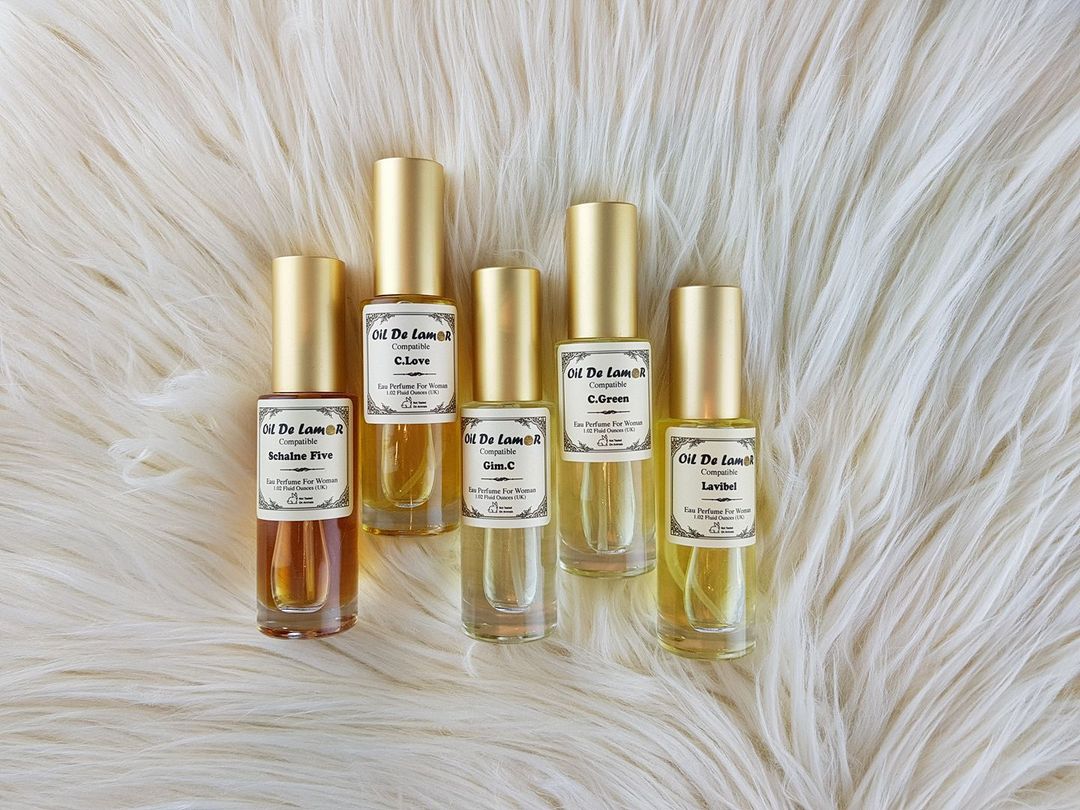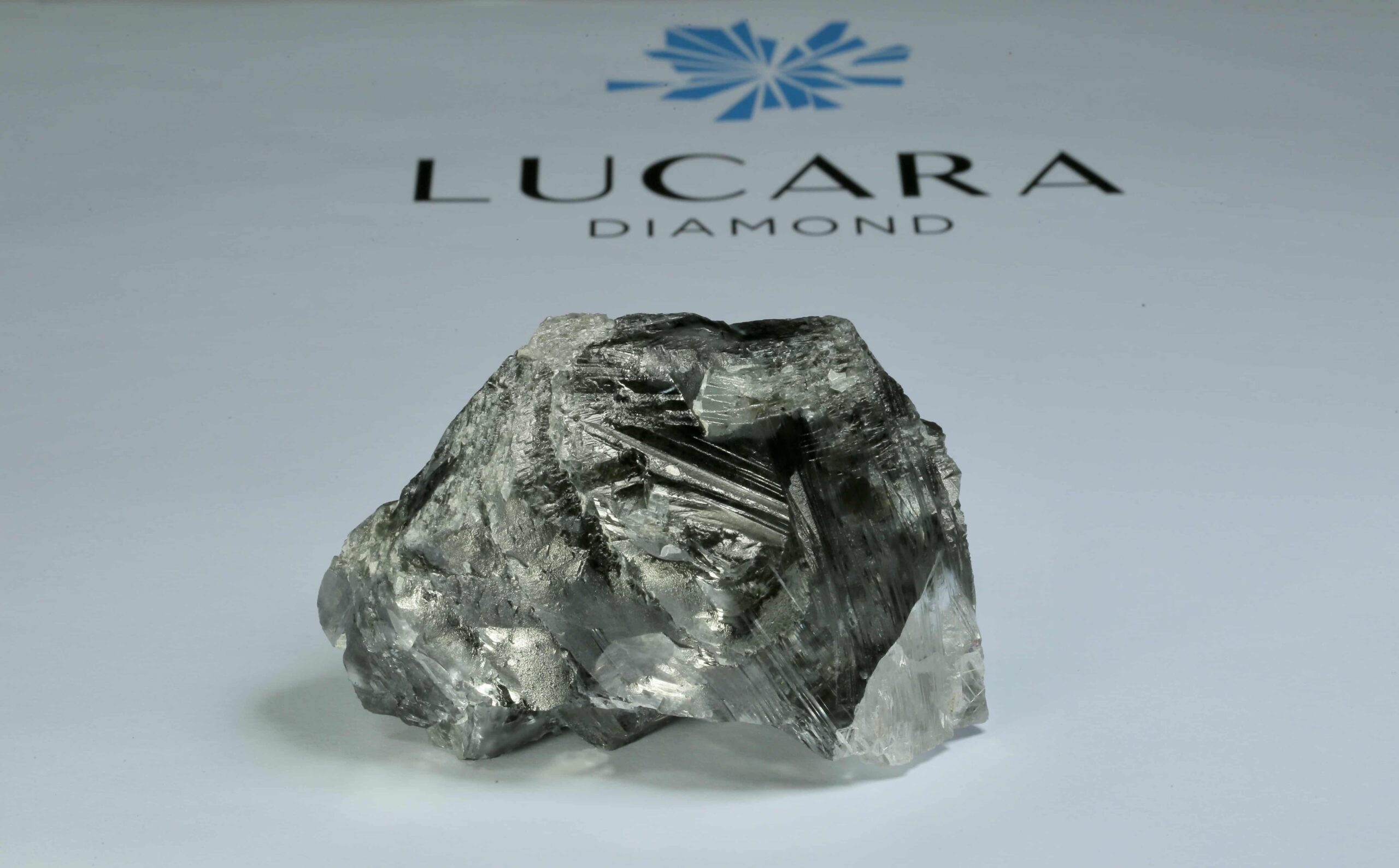[vc_row njt-role=”people-in-the-roles” njt-role-user-roles=”administrator,editor,author,armember”][vc_column][vc_column_text]
A dozen international luxury and beauty brands took legal action against an Israeli company in 2016. They accuse the company of manufacturing and selling perfumes whose scent and name bear a strong resemblance to certain products in their catalog.
However, the judge ruled that the products marketed by the offending company were sufficiently different not to mislead consumers.
A disappointing verdict for a dozen brands
Is it permissible to manufacture and sell a perfume that matches the best-selling products of established international brands? The Tel-Aviv District Court judge has ruled in the affirmative.
Gershon Gontovnik dismissed claims for cessation of activity and compensation for damages brought six years ago by a dozen luxury and beauty brands, including L’Oréal, Revlon, Ralph Lauren Polo, Chloé, Armani, Davidoff and Britney Spears.
These internationally recognized brands accuse an Israeli company, Oil de Lamor, of violating their intellectual property rights and profiting with impunity from the notoriety of their respective brands by marketing perfumes reproducing their scents and names, while charging prices lower than those displayed in stores.
It should be noted that these similar perfumes are distributed exclusively in shopping malls.
In other words, a practice which, in the eyes of the plaintiffs, damages their brand image and reputation.
However, these companies do not hold any patents on their chemical compounds in Israel.
On the other hand, they have registered their trademark in Israel, whether it’s the trade name or certain best-selling products such as Lancôme’s Miracle range.
The case of “compatible” fragrances
Oil de Lamor is a family business specializing in perfumes and cosmetics.
While some fragrances were developed in-house, others, as specified on the label, “are compatible” – in other words, similar – with familiar perfume scents.
All the perfumes marketed by the incriminating company are oil-based and feature uniform packaging: a semi-transparent cylinder, with a gold label bearing the name “Lamor”. On fragrances with similar scents, the word “compatible” is written in small letters, while a variation on the name of the familiar perfume appears underneath.
“Cloe”, for example, replaces the established Chloé brand. On shelf displays, the corresponding brand name is written in Hebrew next to each fragrance.
For example, “parfum compatible” with the Hebrew name of the original fragrance underneath.
Clear and significant differences
The judge ruled that Israeli law does not prohibit Oil De Lamor’s activity, as long as the products are correctly differentiated, the consumer is not misinformed and the fragrances are similar.
“I was under the impression that, in this case, the differentiation between the products was maintained and that the reference to the reputation of the plaintiffs and their brands was made in good faith and not with the aim of misleading the public. On the contrary, the defendant had worked hard to differentiate the products”, he said.
Conversely, the judge felt that the plaintiffs, who have not filed any patents in the country for their products, are trying to extend the limits of trademark protection beyond the reasonable limits set by the legislator. “They want additional protection for their strong brands. We must be careful not to grant such protection, and I will refrain from doing so,” said Gershon Gontovnik.
The judge found that the changes made to the trademarks are sufficiently clear and significant, and that this is not a case where the product owner wishes to mislead consumers into thinking they are buying the original product.
Following further tests, it has been decided that this is indeed a “similar” brand from the point of view of the reasonable consumer.
However, the judge asked Oil de Lamor to write the word “compatible” in Hebrew instead of English from January 2024. This decision is intended to ensure that the message is delivered to residents only, thereby reducing the risk of consumer error.
International brands can still appeal the decision to the Supreme Court if they wish.
Read also> Barbie creator Mattel opposes Burberry’s BRBY branding project as confusing
Featured photo : ©Press[/vc_column_text][/vc_column][/vc_row][vc_row njt-role=”not-logged-in”][vc_column][vc_column_text]
A dozen international luxury and beauty brands took legal action against an Israeli company in 2016. They accuse the company of manufacturing and selling perfumes whose scent and name bear a strong resemblance to certain products in their catalog.
However, the judge ruled that the products marketed by the offending company were sufficiently different not to mislead consumers.
A disappointing verdict for a dozen brands
Is it permissible to manufacture and sell a perfume that matches the best-selling products of established international brands? The Tel-Aviv District Court judge has ruled in the affirmative.
Gershon Gontovnik dismissed claims for cessation of activity and compensation for damages brought six years ago by a dozen luxury and beauty brands, including L’Oréal, Revlon, Ralph Lauren Polo, Chloé, Armani, Davidoff and Britney Spears.
These internationally recognized brands accuse an Israeli company, Oil de Lamor, of violating their intellectual property rights and profiting with impunity from the notoriety of their respective brands by marketing perfumes reproducing their scents and names, while charging prices lower than those displayed in stores.
It should be noted that these similar perfumes are distributed exclusively in shopping malls.
In other words, a practice which, in the eyes of the plaintiffs, damages their brand image and reputation.
However, these companies do not hold any patents on their chemical compounds in Israel.
On the other hand, they have registered their trademark in Israel, whether it’s the trade name or certain best-selling products such as Lancôme’s Miracle range.
The case of “compatible” fragrances
Oil de Lamor is a family business specializing in perfumes and cosmetics.
While some fragrances were developed in-house, others, as specified on the label, “are compatible” – in other words, similar – with familiar perfume scents.
All the perfumes marketed by the incriminating company are oil-based and feature uniform packaging: a semi-transparent cylinder, with a gold label bearing the name “Lamor”. On fragrances with similar scents, the word “compatible” is written in small letters, while a variation on the name of the familiar perfume appears underneath.
“Cloe”, for example, replaces the established Chloé brand. On shelf displays, the corresponding brand name is written in Hebrew next to each fragrance.
For example, “parfum compatible” with the Hebrew name of the original fragrance underneath.
Clear and significant differences
The judge ruled that Israeli law does not prohibit Oil De Lamor’s activity, as long as the products are correctly differentiated, the consumer is not misinformed and the fragrances are similar.
[…][/vc_column_text][vc_cta h2=”This article is reserved for subscribers.” h2_font_container=”tag:h2|font_size:16|text_align:left” h2_use_theme_fonts=”yes” h4=”Subscribe now !” h4_font_container=”tag:h2|font_size:32|text_align:left|line_height:bas” h4_use_theme_fonts=”yes” txt_align=”center” color=”black” add_button=”right” btn_title=”I SUBSCRIBE !” btn_color=”danger” btn_size=”lg” btn_align=”center” use_custom_fonts_h2=”true” use_custom_fonts_h4=”true” btn_button_block=”true” btn_custom_onclick=”true” btn_link=”url:https%3A%2F%2Fluxus-plus.com%2Fen%2Fsubscriptions-and-newsletter-special-offer-valid-until-september-30-2020-2-2%2F”]Get unlimited access to all articles and live a new reading experience, preview contents, exclusive newsletters…
Already have an account ? Please log in.
[/vc_cta][vc_column_text]Featured photo : © Press[/vc_column_text][/vc_column][/vc_row][vc_row njt-role=”people-in-the-roles” njt-role-user-roles=”subscriber,customer”][vc_column][vc_column_text]
A dozen international luxury and beauty brands took legal action against an Israeli company in 2016. They accuse the company of manufacturing and selling perfumes whose scent and name bear a strong resemblance to certain products in their catalog.
However, the judge ruled that the products marketed by the offending company were sufficiently different not to mislead consumers.
A disappointing verdict for a dozen brands
Is it permissible to manufacture and sell a perfume that matches the best-selling products of established international brands? The Tel-Aviv District Court judge has ruled in the affirmative.
Gershon Gontovnik dismissed claims for cessation of activity and compensation for damages brought six years ago by a dozen luxury and beauty brands, including L’Oréal, Revlon, Ralph Lauren Polo, Chloé, Armani, Davidoff and Britney Spears.
These internationally recognized brands accuse an Israeli company, Oil de Lamor, of violating their intellectual property rights and profiting with impunity from the notoriety of their respective brands by marketing perfumes reproducing their scents and names, while charging prices lower than those displayed in stores.
It should be noted that these similar perfumes are distributed exclusively in shopping malls.
In other words, a practice which, in the eyes of the plaintiffs, damages their brand image and reputation.
However, these companies do not hold any patents on their chemical compounds in Israel.
On the other hand, they have registered their trademark in Israel, whether it’s the trade name or certain best-selling products such as Lancôme’s Miracle range.
The case of “compatible” fragrances
Oil de Lamor is a family business specializing in perfumes and cosmetics.
While some fragrances were developed in-house, others, as specified on the label, “are compatible” – in other words, similar – with familiar perfume scents.
All the perfumes marketed by the incriminating company are oil-based and feature uniform packaging: a semi-transparent cylinder, with a gold label bearing the name “Lamor”. On fragrances with similar scents, the word “compatible” is written in small letters, while a variation on the name of the familiar perfume appears underneath.
Cloe”, for example, replaces the established Chloé brand. On shelf displays, the corresponding brand name is written in Hebrew next to each fragrance.
For example, “parfum compatible” with the Hebrew name of the original fragrance underneath.
Clear and significant differences
The judge ruled that Israeli law does not prohibit Oil De Lamor’s activity, as long as the products are correctly differentiated, the consumer is not misinformed and the fragrances are similar.
[…][/vc_column_text][vc_cta h2=”This article is reserved for subscribers.” h2_font_container=”tag:h2|font_size:16|text_align:left” h2_use_theme_fonts=”yes” h4=”Subscribe now !” h4_font_container=”tag:h2|font_size:32|text_align:left|line_height:bas” h4_use_theme_fonts=”yes” txt_align=”center” color=”black” add_button=”right” btn_title=”I SUBSCRIBE !” btn_color=”danger” btn_size=”lg” btn_align=”center” use_custom_fonts_h2=”true” use_custom_fonts_h4=”true” btn_button_block=”true” btn_custom_onclick=”true” btn_link=”url:https%3A%2F%2Fluxus-plus.com%2Fen%2Fsubscriptions-and-newsletter-special-offer-valid-until-september-30-2020-2-2%2F”]Get unlimited access to all articles and live a new reading experience, preview contents, exclusive newsletters…
Already have an account ? Please log in.
[/vc_cta][vc_column_text]Featured photo : © Press[/vc_column_text][/vc_column][/vc_row]









